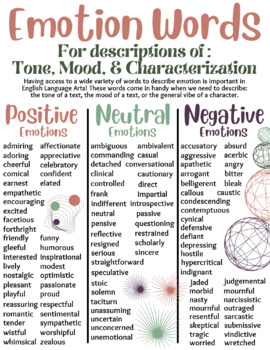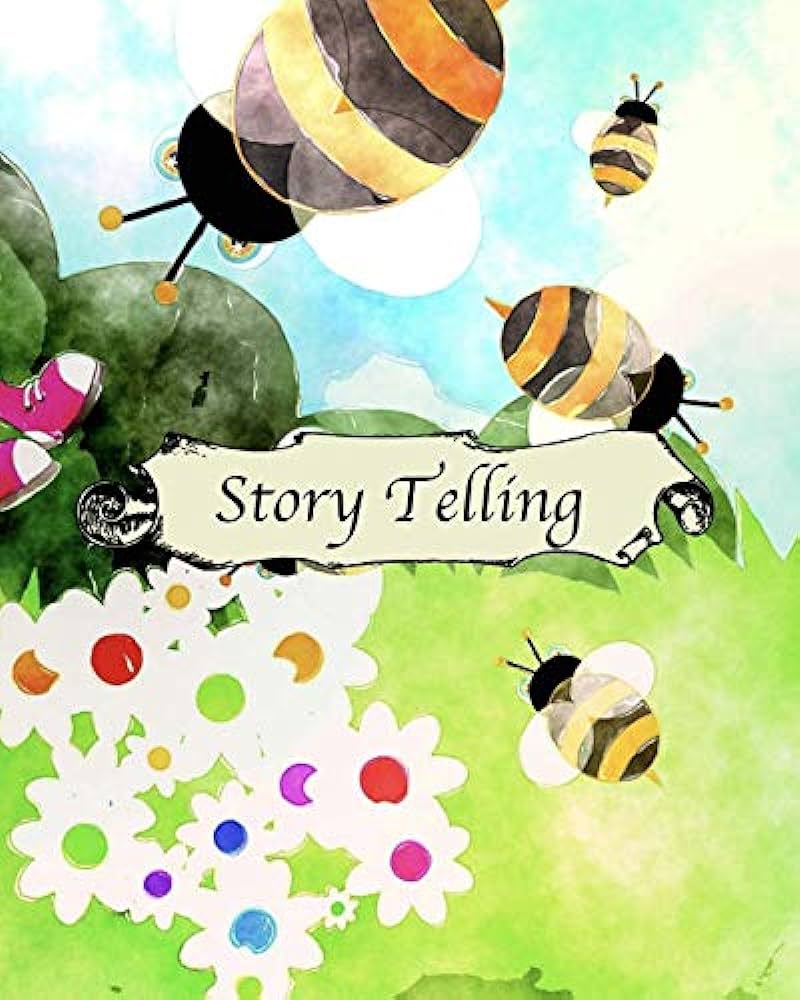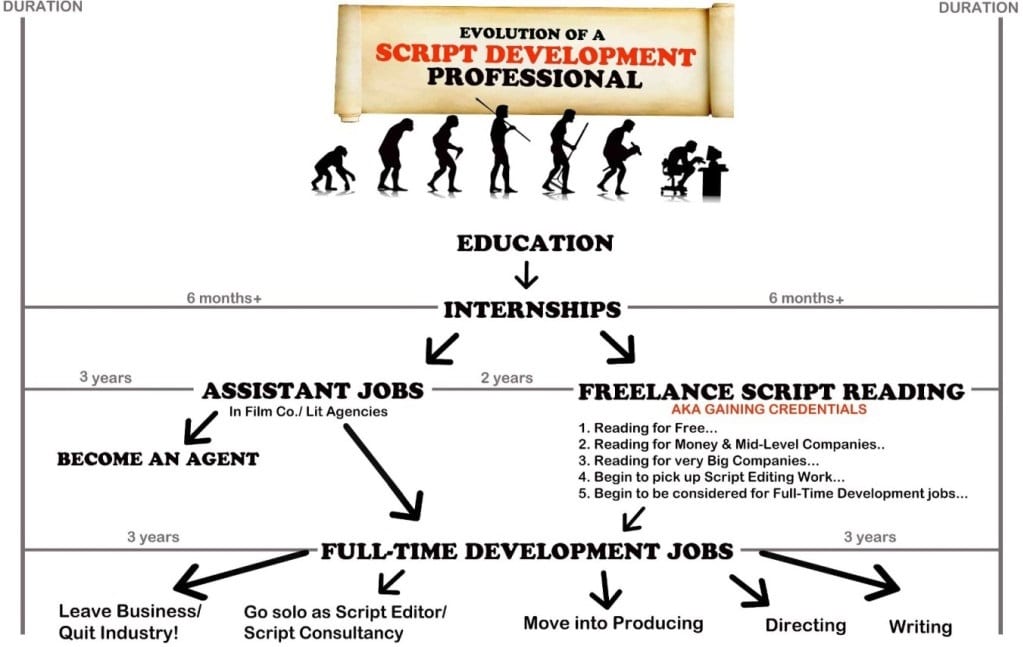Unlocking the Secrets of Genre-Specific Writing: A Comprehensive Guide
Writing in a specific genre can be daunting, but it doesn’t have to be. While it’s true that each genre has its unique conventions and expectations, mastering those can help you craft compelling stories that resonate with your readers. Whether you’re an aspiring writer just starting out or a seasoned pro looking to improve your skills, this comprehensive guide will help you unlock the secrets of genre-specific writing.
What Is Genre-Specific Writing?
First, let’s define what we mean by genre-specific writing. Essentially, it’s writing that conforms to the conventions and expectations of a particular genre. For example, a romance novel might include a love story between two characters who initially dislike each other, while a fantasy novel might feature a quest to defeat an evil wizard. These are tropes or conventions specific to those genres and help readers know what to expect.
Why Is Genre-Specific Writing Important?
Genre-specific writing is important because it helps readers find the stories they want to read. Imagine picking up a thriller and finding out halfway through that it’s actually a comedy–you might enjoy the book, but you’d be disappointed that it wasn’t what you were expecting. By adhering to genre conventions, writers help readers know what they’re getting into and can deliver satisfying stories that meet those expectations.
Tips for Writing in Specific Genres
So, how can you master genre-specific writing? Here are some tips to get you started:
1. Read widely in your chosen genre – the best way to understand genre conventions is to read widely in that genre. Pay attention to the structure, pacing, and content of successful books in that genre.
2. Identify the key tropes and conventions – Once you’ve read widely in your chosen genre, identify the key tropes and conventions that readers expect. This might include character archetypes, plot structures or themes.
3. Put your own spin on tropes and conventions – You don’t want to write a story that’s just a carbon copy of what’s already been done. Add your own unique twist to the tropes and conventions of your chosen genre to keep your story fresh and engaging.
4. Don’t be afraid to break the rules – while it’s important to adhere to genre conventions, don’t be afraid to break the rules if it serves your story. For example, you might choose to subvert a trope in a way that surprises and delights readers.
5. Get feedback from beta readers – before publishing your work, get feedback from beta readers who are fans of your chosen genre. They can give you valuable feedback on whether you’ve met the reader’s expectations.
Implement these tips and you’ll be on your way to writing compelling genre-specific stories that resonate with readers.
In conclusion, mastering genre-specific writing is essential for delivering satisfying stories that meet the expectations of your readers. By reading widely, identifying tropes and conventions, putting your own spin on them, and seeking feedback from beta readers, you’ll be well on your way to becoming a successful genre-specific writer. Keep these tips in mind and you’ll be unlocking the secrets of genre-specific writing in no time.











